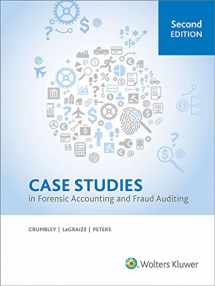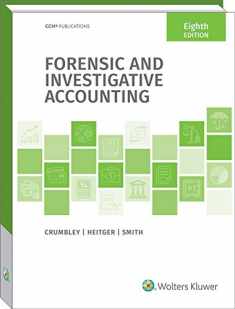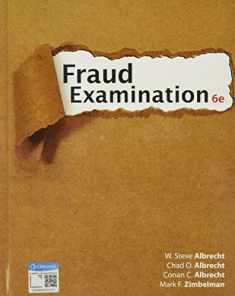
Case Studies in Forensic Accounting and Fraud Auditing
Book details
Summary
Description
The Forensic and Investigative Accounting Casebook is a collection of Problem-Based Learning cases designed to reinforce principles taught in forensic accounting/auditing courses throughout the United States. Each case: (1) lays out the basic principles and parameters of analysis to be applied in uncovering and proving fraudulent activity in domestic and/or international operations; (2) provides a fact pattern and supporting documentation that allow students to not only uncover illegal activity, but also to prove such fraud in a court of law under American rules of evidence and courtroom procedure; (3) is designed for students to perform forensic investigation, alone or in teams, with the instructor serving as a facilitator; and (4) includes secondary documents that either corroborate the superficial accounting information initially provided or reveal anomalies and discrepancies pointing to who, what, when, where, how, and why.


We would LOVE it if you could help us and other readers by reviewing the book
Book review





